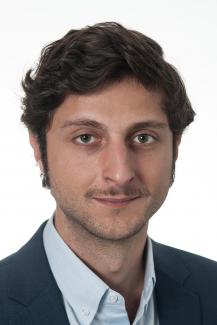Empowerment and livelihood for adolescents in Sierra Leone
Adolescence is a pivotal time for girls, it is a critical stage to create pathways for healthy and productive adulthoods. However, adolescent girls face unique barriers that restrict their horizons. This includes concurrent labour market, fertility decisions, and limited access to formal education. These considerations were at the core of our evaluation of the Empowerment and Livelihoods for Adolescents (ELA) programme, implemented by BRAC in Sierra Leone (Bandiera et al. 2018). The programme centres around clubs where adolescent girls, ages 12 to 25 years old, regularly meet outside of school. In these clubs, the girls receive life skills training and vocational training. The older girls in the group, aged 18 to 25, are also eligible for micro-finance loans.
The Ebola epidemic of 2014-2016 hit Sierra Leone, as well as neighbouring countries, with disastrous consequences. In Sierra Leone alone, over 14,000 cases were confirmed and nearly 4,000 people lost their lives to the disease. The Sierra Leonean government-imposed quarantines, limited travel, curbed market activities, and closed schools for the academic year. Additionally, health budgets were reallocated to prioritise spending on caring for patients and preventing the spread of the epidemic. As a result, economic activity slowed down, girls were not able to go to school, and medical services for sexual and reproductive health were severely reduced.
Given these circumstances, our study seeks to explore the related questions:
- What are the impacts of a large aggregate shock on young women socio-economic empowerment?
- Can an empowerment intervention targeted to young women mitigate these impacts?
To answer these questions, we collected data on a panel of around 5,000 young women in 200 villages, randomly allocated to receiving the ELA intervention or to the control group. Data collection took place in 2014, months before Ebola’s onset, and in 2016, one year after the country was declared free from the disease.
NB: this summary refers to the broader study, a 7-year effort the IGC has supported at different stages.






